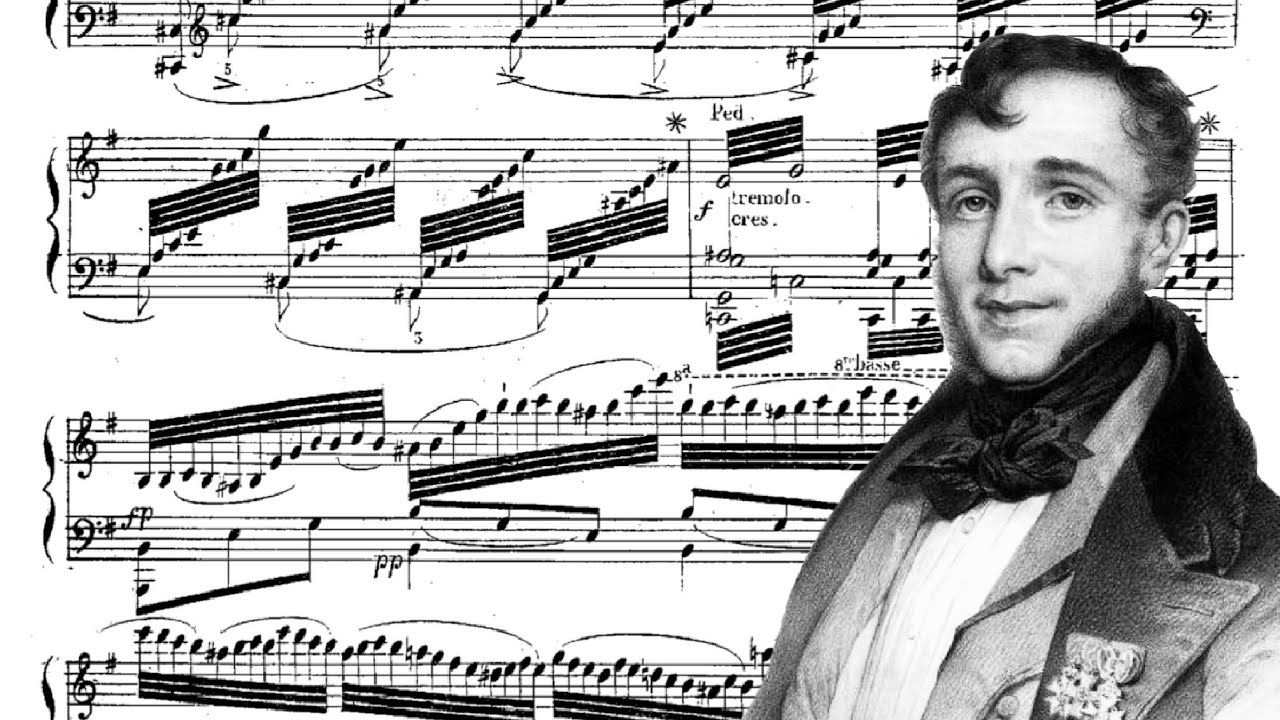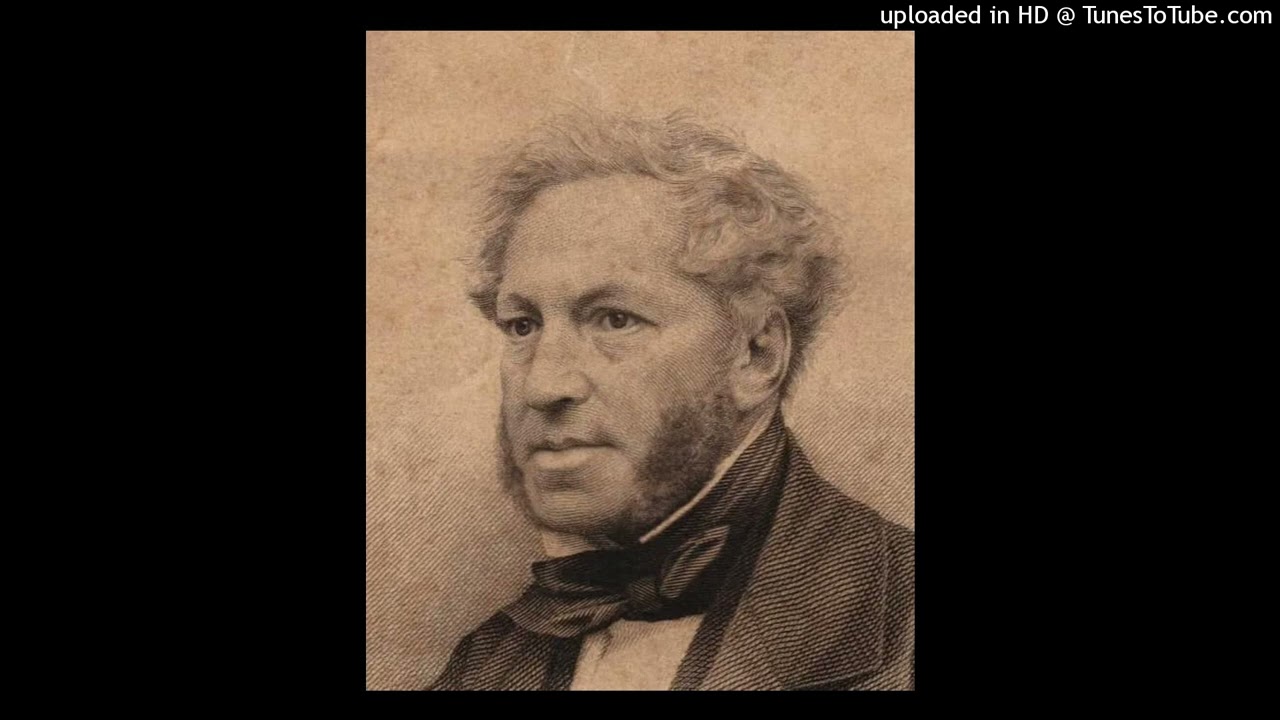“It has been a very long time, my dear Maurice, since I have heard anything of you. I receive neither the Gazette nor can I receive it because of my constant travels. I do not know if my reply to [Heinrich] Heine has been published. There is another letter from the Bachelier all ready, but before sending it to you I would like to know what has happened to the previous ones. I have word from Paris that they were not displeased with the last one, and that you in particular spoke well of it. Before long you will receive the proofs of the Études [the second version of his Twelve Transcendental Studies], of which I hope you will not be displeased either. While waiting for you to be pleased with me personally (which I hope you will be when we meet again in Paris, given that I am rather changed, modified, improved in several respects), I take pleasure in knowing that my writings and my notes do not bore you.
Speaking of notes, there has been talk with Haslinger and Ricordi of a publication project which I now submit to you and which I would be delighted to see approved. It would be something quite substantial. Under the collective title Musée dramatique for Solo Piano by F. L. there would appear (whether at fixed intervals or more regularly, as you prefer) a series of pieces chosen from the Italian, German, and French repertoire, and transcribed, illustrated, paraphrased, varied, arranged, “groomed,” in my own way. All of them carefully fingered and of medium difficulty. I see you smiling at “medium difficulty,” but you will see that when I finally return to writing Hünten, Henry Herz, and Schunke, I will be able to do it just as well if not better than anyone. If, however, you retain some doubts on this subject and otherwise find the publication plan satisfactory, I will set to work at once and have about thirty pages of proofs printed as a specimen, which I will send you (…).
The venture I propose to you—which would assuredly be profitable both in money and in popularity (two things I am beginning to care about a little)—could run in parallel with the other. If you wish, we could even follow the nominal order of your publications—although I would quite like to begin with Norma, on account of the immense popularity of that work in Italy. [Réminiscences de Norma, composed in the early ’30s after Bellini’s opera.]
It goes without saying that for a venture of this kind the publisher is as important as the author and arranger, as you wish. You know what I think of you in that regard. By sending you the proofs of my Études, I prove it to you as well as Meyerbeer demonstrates (whose kind memory I beg you to mention to him) by not accepting the additional third for each score offered him by [Eugène] Troupenas. Frankly, I would be delighted if you would undertake this publication, and even if you refuse, I will relinquish it altogether, despite the urgings of Ricordi and Haslinger. As for terms: Ricordi pays me 5 francs per page and Haslinger 10. See what you might offer.
How stands Berlioz’s opera? [Benvenuto Cellini, premiered 10 September 1838] When will it be definitively staged? I would very much like to be in Paris then; but that is hardly possible for me. I shall not return to your dear Rue de Richelieu until next spring to go to England. Will I find you there? Be so good, my dear Maurice, as to write me two lines, addressed to Ricordi. I have not yet received Moscheles’s Études [by the Bohemian pianist Ignaz Moscheles]. I should be much obliged if you would send them to me by post. It is such a work. Its style is admirable. If you wish me to praise it fully in the Gazette, I can do so. I could not say the same of Mr. [Friedrich] Kalkbrenner’s Polonaise (pitiful! pitiful!), nor even of the very monotonous “varied airs” by Thalberg’s rival (thank God I am rid of that stupid rivalry—may good fortune attend Mr. Döhler). Frankly, it is all very mediocre!
If you are publishing an album of pianists this year, do not forget me. The little fellow still lives and does not want to be blackballed. Pardon, my dear Maurice, all this rubbish, which you will read or not read at your leisure. A thousand friendships. Ever yours, F. Liszt.
P.S. I beg you not to circulate this letter. Since I believe my idea for Musée dramatique is excellent, I should be unhappy to see it executed by anyone but myself. In any case, let the matter remain entirely between us. I earnestly request it.”

